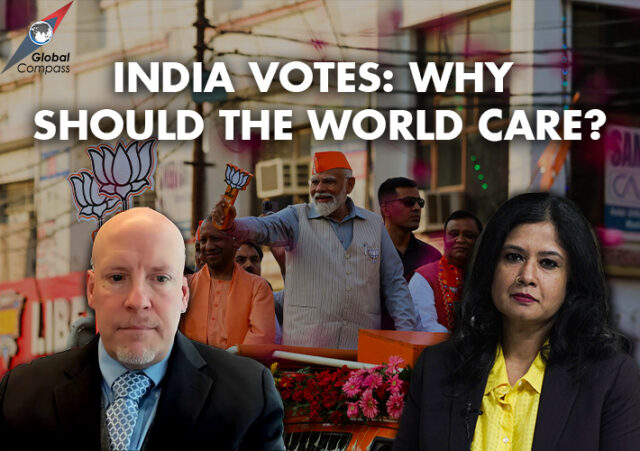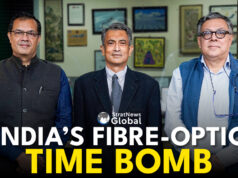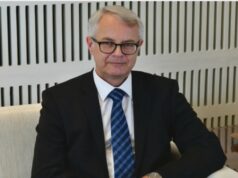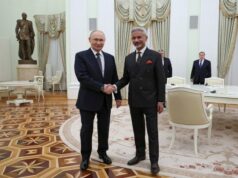The world’s largest democratic exercise is underway. Over the next few weeks, India will decide if incumbent Prime Minister Narendra Modi will win a rare third consecutive term in office and extend the decade-long rule of the (Hindu Nationalist) Bharatiya Janata Party.
StratNewsGlobal spoke to Richard Rossow, Chair in U.S.-India Policy Studies at the Center for Strategic and International Studies (CSIS), who helps frame and shape policies to promote greater business and economic engagement between India and the United States, on his thoughts on how the world is viewing this election.
Richard Rossow offers nuanced perspectives on the significance of the Indian elections beyond its title as the world’s largest democratic process. From the business community’s anticipation of post-election policies to security concerns in the Indo-Pacific region, and the imperative for global engagement on issues like healthcare and climate change, he sheds light on the multifaceted aspects shaping India’s foreign policy landscape.
During Modi’s tenure, India has surged to become the world’s fastest-growing major economy, propelling the nation of 1.4 billion towards near-superpower status. Richard Rossow also responds to allegations of polarization along religious lines by the incumbent Prime Minister in election rallies, and says a line has not been crossed.
In this short, yet comprehensive discussion, gain valuable insights into the potential outcomes and implications for international relations, providing a pragmatic understanding of this pivotal moment in global politics.
Neelanjana Banerjee is a Broadcast Media Specialist with 23 years of cross-media experience in designing and producing content for television, radio and online media.
Having held a wide range of roles in various aspects of electronic media, she is a multifaceted professional and has an in-depth and hands on experience in broadcast
content, programming, media production, channel / product launch, TV and
radio skills training and online content.
Neelanjana was awarded the Chevening Gurukul fellowship in Leadership & Excellence from King's College, London in 2016.





